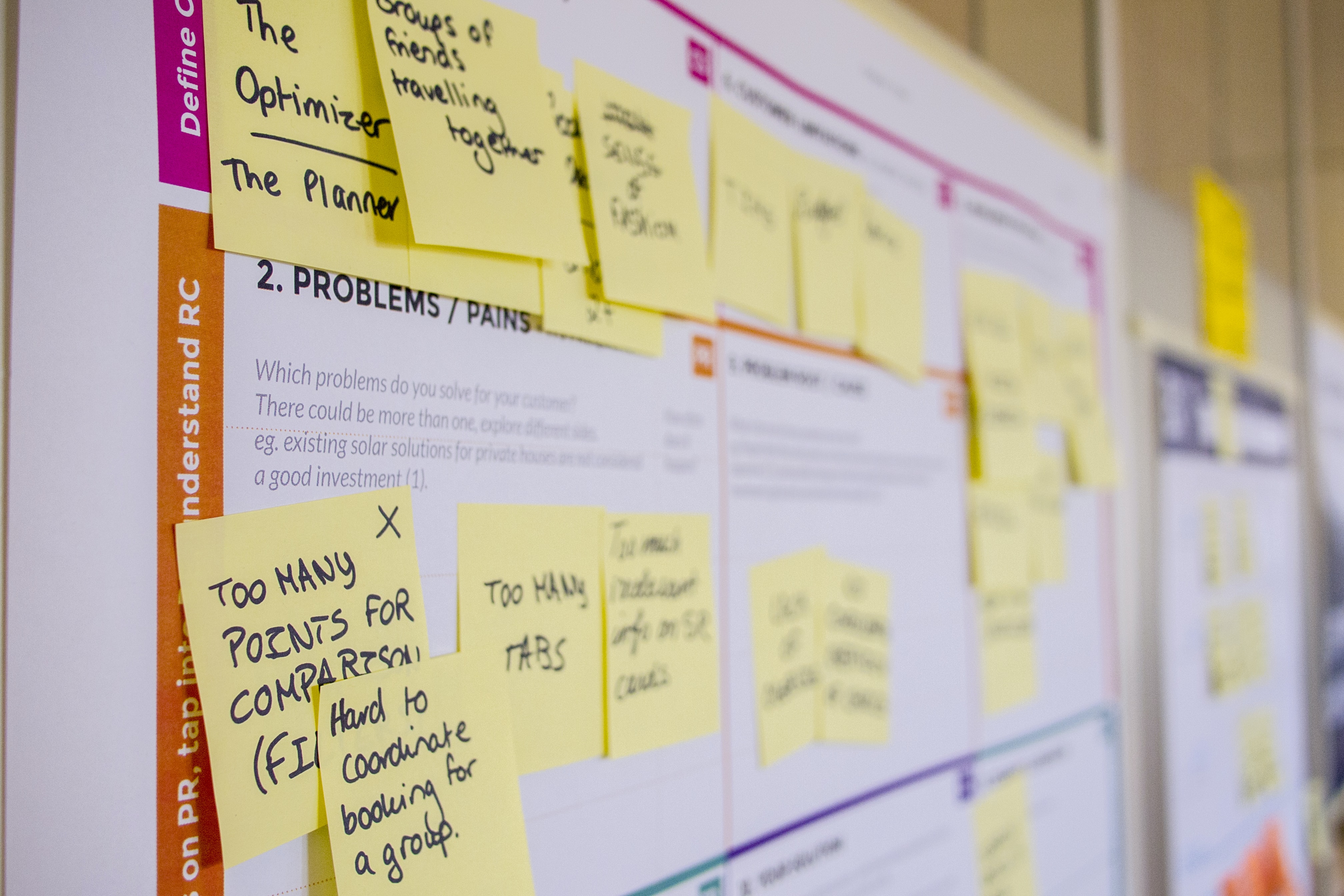As an institute that champions excellence in Continuing Education and Training, IAL undertakes research projects that examine the various aspects of adult learning and development. The data we gather and the results we analyse enable us to further the advancement of the CET sector in Singapore, and inform policy making and decisions.

Completed
2013
Skills and Productivity: Stage One
Johnny Sung, Fiona Loke, Catherine Ramos, David Ashton
This research adopts a case study approach to examine the nature of the relationship between productivity and skills in selected sectors. The intention is to find out how the concept of productivity is understood within various industries and how they are managed.

Completed
2012
Training and Adult Education (TAE) Programmes: Graduate Destinations & Employers’ Views Surveys 2011
Andrew Brown, Rebecca Ye
This series of research studies endeavoured to investigate the impact of Workforce Skills Qualification (WSQ) Training and labour mobility and career trajectories. To complement our understanding of these trajectories, we also examined the views of their employers and how the employers perceived the training received to have contributed to the organisation as well as their employees’ skills utilisation and employability.

Completed
2012
A Portrait of the Adult Educator in Singapore
Andrew Brown, Rebecca Ye, Annie Karmel
This research endeavours to develop an understanding of who WSQ Adult Educators (AEs) in Singapore are. While the professionalisation of this group is a key interest of the Workforce Development Agency (WDA), little is known about the different types of people who actually make up this group, or how they negotiate their careers as adult educators.

Completed
2011
Practitioner Research for Professional Learning in CET
Helen Bound
The purpose of this research project is to identify the range of pedagogical beliefs of Workforce Skills Qualifications (WSQ trainers, trainers’ enactment of those beliefs and the ways in which context mediates these beliefs. In addition, through the process of engaging practitioners (trainers) in undertaking their own research, the project aims to explore how this process enables reflective practice, and to work towards developing possible models for professional learning involving practitioner research and reflective practice.

Completed
2011
Singapore WSQ, Workplace Learning and Assessment
Helen Bound, Magdalene Lin
This report confirms the understanding that WSQ training is predominantly classroom-based. More importantly, according to available statistics, the delivery of WSQ in 2009 was totally classroom-based. While our experience indicated that in 2010 there was workplace learning taking place, the extent of workplace learning is very limited. This is in sharp contrast to the delivery of competency-based training in a number of other countries. The preference for classroom delivery has resulted in limited examples of learning and assessment arrangements that take place in the workplace, and the use of different terminology (e.g. workplace learning and on-the-job training) to mean the same thing. The use of different terminology, while inevitable amongst lay people, can be a source of confusion and indicative of a need for a conceptual framework for those working within a particular system. The study was conducted in two stages, stage one examined the current delivery modes and ways in which workplace learning was valued; stage two consists of four semi-ethnographic case studies of workplace learning.

Completed
2011
Skills Utilisation in Singapore
Johnny Sung, Fiona Loke, Catherine Ramos, Michael Ng
The skills utilisation research examines how skills (and training) are making impact at the workplace through the knowledge of what skills are used and not used, and what priority of the different types of skills are utilised from the user’s perspective.

Completed
2011
Learners' Reflections on the Tertiary Education and WSQ Experiences
Roger Harris, Catherine Ramos, Marcelino Lizaso Jr
The purpose of this research project is to identify the range of pedagogical beliefs of Workforce Skills Qualifications (WSQ trainers, trainers’ enactment of those beliefs and the ways in which context mediates these beliefs. In addition, through the process of engaging practitioners (trainers) in undertaking their own research, the project aims to explore how this process enables reflective practice, and to work towards developing possible models for professional learning involving practitioner research and reflective practice.

Completed
2011
Developments in Policy Systems and Delivery: United Kingdom, Australia and New Zealand
Gary Willmott, Annie Karmel, Fiona Loke, Catherine Ramos
The report profiles the scope of research agencies in vocational and continuing education and labour market studies in Australia, the UK and New Zealand and briefly reviews the types of research being undertaken and the way in which research policy and agendas are formulated.

Completed
2011
Development of a CET Monitoring and Evaluation Framework
Andrew Brown, Rebecca Ye
Singapore is facing a major challenge in continuing education and training: to demonstrate the results from the government‘s increasing investment in the sector. This document takes up this challenge and proposes a framework for monitoring and evaluation that will enable us to measure the outcomes of continuing education and training (CET), learn from the implementation of CET programmes and maximise the impact of future CET initiatives.

